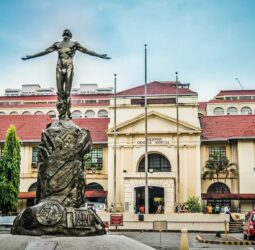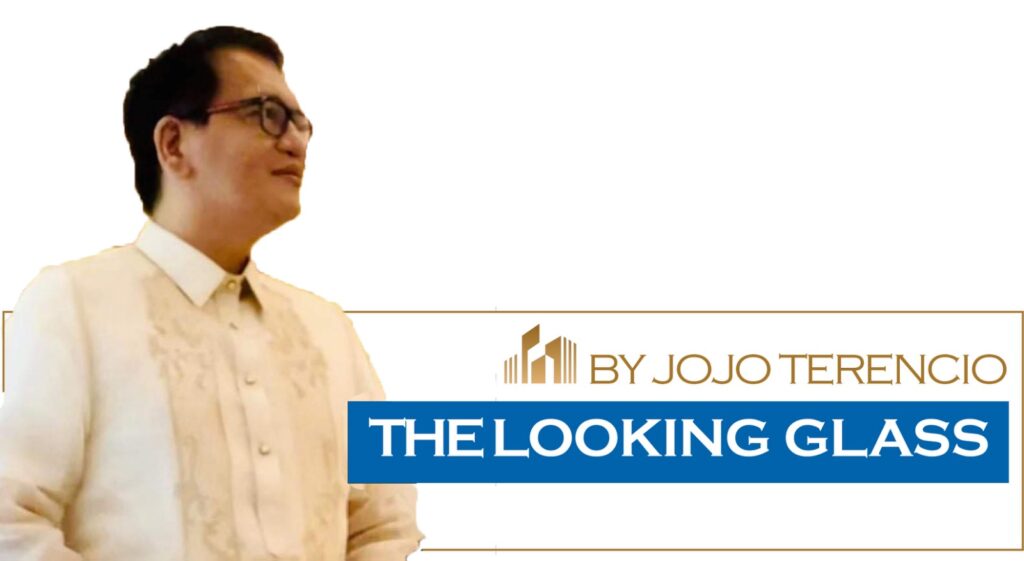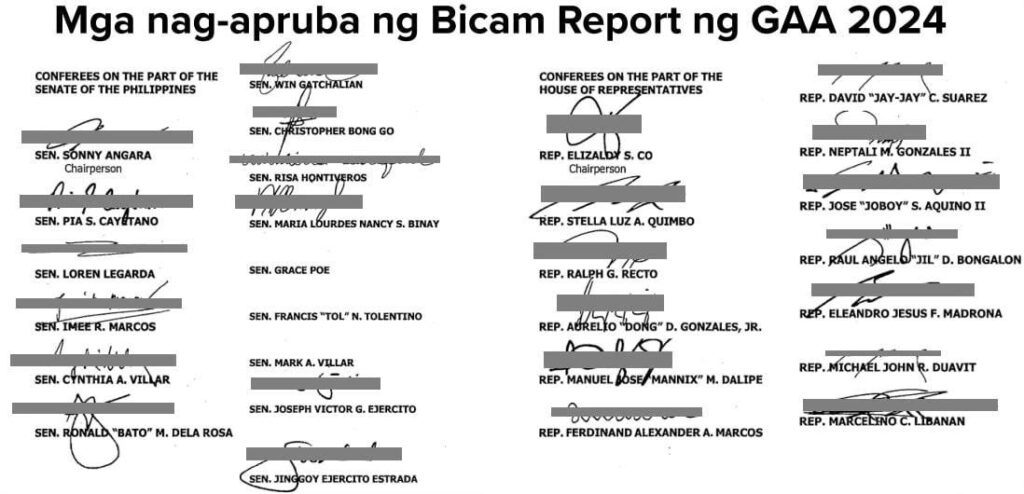By Diego Morra
Graduating from the University of the Philippines College of Medicine (UPCM) is no easy task as it requires long hours of study, lectures, training and doing the rounds, talking with patients for the triage, understanding individual cases and showing empathy when patients grumble and relatives plead for immediate attention. It is said that a resident must have a drum of patience daily to attend to the ailing and even nosy creatures who mess around with protocols as if they are entitled to lash out at doctors who seldom enjoy day offs.
Truly, medical training is not for the faint of heart, and those who underwent the ordeal at UP-Philippine General Hospital (UP-PGH) will describe how they worked 18-hour shifts, suffered from pulmonary tuberculosis due to overwork and ended up being confined themselves for nosocomial infections. Truly, these matters have not escaped broadcast journalist Atom Araullo, whose own mother, Carol Pagaduan Araullo, is a physician, as he delivered the commencement address for the medical graduates who got their degrees on August 5, 2025. The theme of the event was “Saligan ng Kahapon, Gabay ng Kasalukuyan, Tanglaw ng Hinaharap.”
“Today, you are not just new doctors—you are new doctors from the storied and highly respected UP College of Medicine. Sabi nga nila, mahirap makapasok sa UP… pero mas mahirap makalabas. Nang buhay. I’m sure that’s especially true when you’re studying to become a doctor… So let’s pause and take stock. Of how far you’ve come. Of everything you’ve achieved. Of everything you’ve survived. It’s also a good time to ask: what does it all mean? Because while we celebrate your tremendous accomplishments today, let me remind you—this is not just a personal milestone. It is also a public one. UP is not just any school; it is the country’s premier academic institution,” Araullo stressed. “While here, you received the best possible education that our country, and your brilliant and dedicated teachers, could provide. Samantala, sinuportahan at itinaguyod din kayo ng buwis ng mamamayang Pilipino. Marami ang makikipagpatayan para sa pribilehiyong makapag-aral sa UP College of Medicine,” Araullo said. “Medicine, as you already know, is not just a career. It’s a calling. It is one of the most sacred duties in our society. To heal is to hold a person’s life in your hands, often at their most vulnerable. In the eyes of many, doctors are second only to God. Kaya naman mabigat ang responsibilidad na kaakibat ng propesyong ito. Lalo na kung aalalahanin natin kung nasaan tayo,” he maintained.
He cited the nearly heroic work of rural doctors like Dr. Lionel Peters, who was assigned to Agutaya Island of Northern Palawan after graduating from UP. He is the only doctor on the island populated by 13,000 people. It takes between 18 and 20 hours to reach the Palawan mainland from the island. Dr. Peters could handle ordinary cases, with a solitary nurse to help him. Yet, the more serious cases have to attended to by bigger hospitals in Palawan, he noted. In some cases, the young had to provide the boat fare for the patient and accompanying relatives; in a few cases, the patients simply sailed to the other side of the island, scared stiff that they could not pay for the consultation and the needed medicines for their already serious conditions. It might be frustrating but that is the reality. As the noted UP cardiovascular and thoracic surgeon Dr. Fernando A. Melendres argued, universal health care (UHC) in the Philippines has not provided citizens with comprehensive health care even in the National Capital Region (NCR.)
Araullo’s experience in Agutaya showed that apart from serving already medically underserved communities, rural doctors are compelled to understand the conditions of their patients, their jobs, their nutrition and why they frequently get sick. It must be the water supply, their poverty or some environmental factors. Thus, rural doctors have to fan out from their clinics to see the broad picture before they could assess what should be done to reduce the frequency of diseases. Working with rural folk is always educational. “You will witness quiet, everyday acts of of care and sacrifice that are nothing short of heroic. May nakilala akong nanay na isinakripisyo ang lahat para lang alagaan ang dalawa niyang anak na may schizophrena. May nakilala akong tatay na araw-araw na naglalakad sa bundok para lang buhatin ang anak niya na may kapansanan papunta sa eskwelahan. May mga nakilala akong simpleng magsasaka at manggagawa na ibinabahagi ang kanilang oras, pagkain, at pera sa mga kapitbahay nilang hindi na makapagtrabaho dahil sa sakit.”
“Being a good doctor is already an extraordinary thing. But if you also choose to confront the larger realities that shape your patient’s lives: poverty, inequality, injustice—then you become something even more powerful. A force for transformation. In the Philippines, access to the best medical care is largely determined by one thing: Money. That should disturb us. And as future leaders in the medical profession, you have the power, and responsibility, to ask why that is so. And more importantly, what can be done about it… This will require you to stay engaged and stay grounded. So go to the communities. Keep your eyes open. Talk to fellow health workers. Advocate. Organize. Speak out. There is no escaping politics. And doing nothing is also a political act—one that reinforces the status quo,” Araullo argued.
“Hindi ko sinasabing kailangan niyong maging martir o magpakabayani. Pero sana isabuhay niyo ang inyong propesyon hindi lang para sa sarili, kundi para rin sa iba. Sapagka’t bahagi tayo ng lipunan, at patulo’y na nahaharap sa krisis ang mundong ginagalawan natin. Hindi lang mga realidad sa larangan ng medisina at pampublikong kalusugan ang kailangan nating harapin. Napakaraming suliranin sa ating mundo na kabit-kabit at nagsasanga-sanga,” he continued. The climate emergency is accelerating. Infectious diseases are crossing borders faster than ever. Displacement is at an all-time high. As of the end of 2024, 123.2 million people around the world had been forced to flee their homes because of war, persecution, and disaster. The Philippines is not insulated from these realities. We see it in the rising seas and intensifying typhoons. In the collapse of our healthcare systems during the pandemic. In the threats to our peace and territorial integrity. In the daily decisions people make between buying medicine or buying food.
“Sa pagtatapos, ito lang ang gusto kong iwan sa inyo: Ang mga suliranin ng kahirapan, kawalan ng katarungan, katiwalian, karahasan, at krisis sa klima ay hindi problema ng iba. Problema natin ito. At kung hindi tayo kikilos, patuloy lang itong lalala. Huwag nating sukatin ang tagumpay batay lang sa layo ng ating narating. Sukatin din natin ito sa ating kakayahang lumikha ng makabuluhang pagbabago para sa iba, at sa paninindigan natin para sa tama. The world does not need more experts who look away. It needs professionals who show up, speak out, and stay when things get hard. This world will ask a lot of you, but I hope you meet it not just with skill, but with courage. Not just with brilliance, but with heart. That is the kind of doctor the world needs. That is the kind of Filipino the country deserves,” Araullo concluded.




